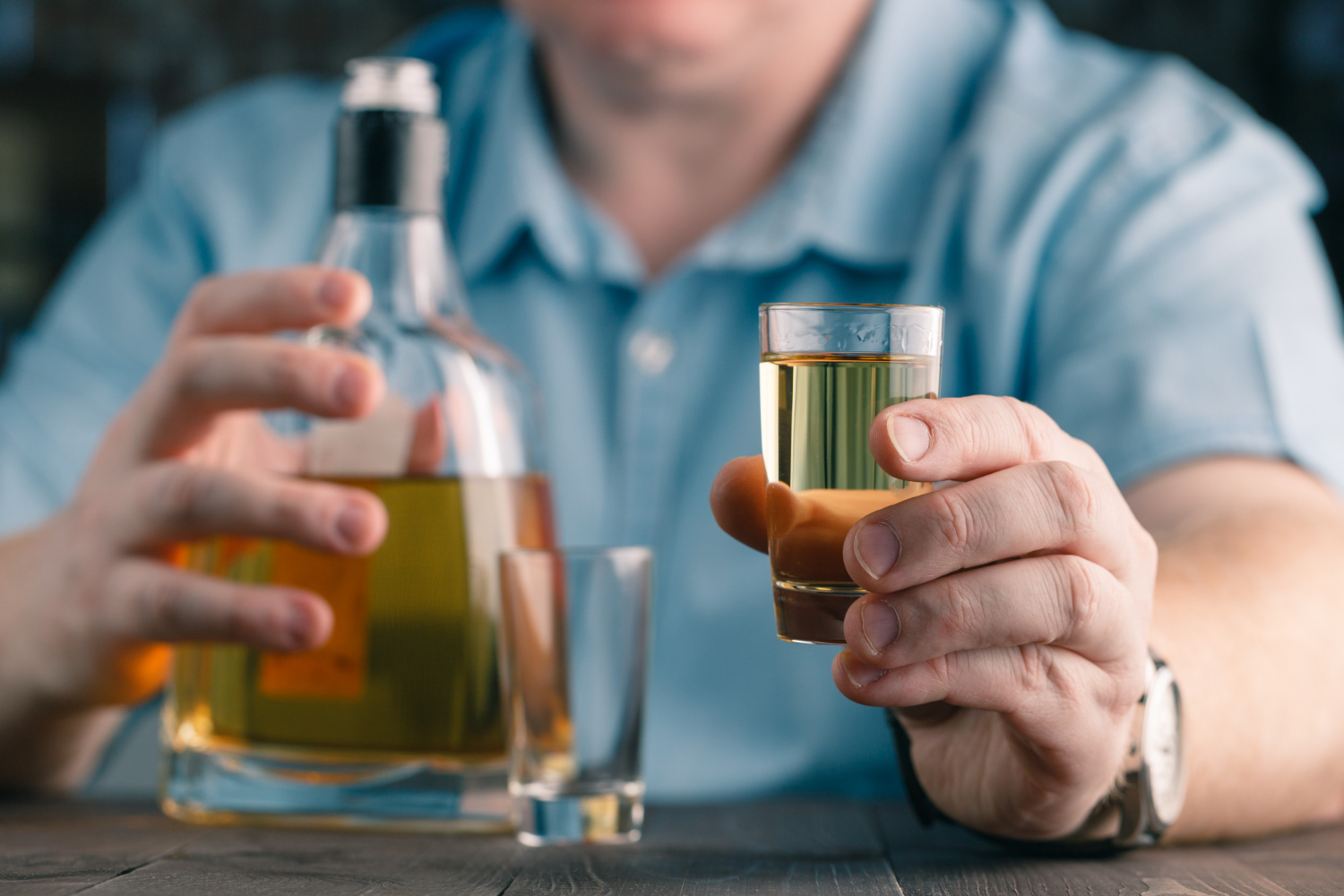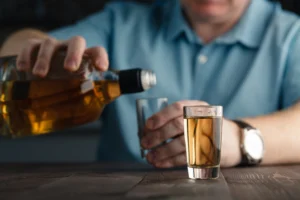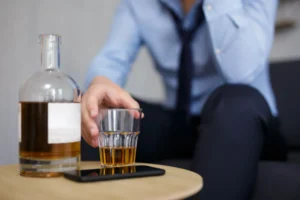For individuals living with Post-Traumatic Stress Disorder (PTSD), drinking alcohol becomes a coping mechanism to alleviate emotional distress from traumatic experiences. However, this can lead to a vicious cycle where alcohol addiction worsens PTSD symptoms. With the right strategies and support, overcoming PTSD and alcohol addiction is possible to achieve a lasting recovery.
Understanding PTSD
Post-traumatic stress disorder (PTSD) is a mental health condition characterized by prolonged and abnormally elevated psychological distress following exposure to a traumatic event. Any individual who experienced trauma at any age can develop PTSD. However, it typically develops prevalently among adults whose vocation increases the risk of traumatic exposure, such as military service members.
The Link Between PTSD and Alcohol Addiction
A desire to avoid or forget traumatic thoughts, memories, or flashbacks may force individuals with PTSD to resort to the use of alcohol. While alcohol may provide temporary relief, over time, it exacerbates PTSD symptoms. Many individuals suffering from PTSD also have compounding disorders such as increased anxiety, depression, and sleep disturbances. This creates a cycle wherein individuals drink more to manage these symptoms, which can then lead to dependency and addiction.
Key Strategies for Overcoming PTSD and Alcohol Addiction
Overcoming PTSD and alcohol addiction may appear challenging, but it is possible. Here are some strategies that may help you win over this challenge:
Seek professional help
Seeking professional help is crucial for PTSD and alcohol addiction treatment. Therapists and counselors may offer personalized treatment plans using modalities such as Behavioral Therapy and trauma-focused therapy, as well as counseling and support groups, which can aid in coping with addiction recovery.
Build a support network
The journey to recovery shouldn’t be taken alone, as it requires support from family, friends, and peers who understand your struggles and provide emotional support. Engaging with support groups or PTSD-specific groups may also provide a sense of community based on shared experiences.
Develop healthy coping mechanisms
Long-term recovery from alcohol addiction requires using healthy coping mechanisms like mindfulness, meditation, yoga, deep-breathing exercises, and physical activities like running, swimming, or hiking, which release endorphins and improve the mood. These techniques help in managing stress and anxiety, which is crucial for recovery.
Establish a routine
For people suffering from PTSD and alcohol addiction, a daily routine that includes healthy eating, exercise, sleep patterns, and therapy sessions can offer structure and stability and lower the risk of relapse.
Focus on nutrition and self-care
Proper nutrition and self-care play a significant role in recovery. Since alcohol depletes the essential nutrients in the body, a balanced diet rich in vitamins and minerals may aid in physical and mental healing. Self-care practices like hobbies and relaxation may also enhance emotional well-being.
Dual Diagnosis: Overcoming PTSD and Alcohol Abuse
The intertwined nature of PTSD and alcohol addiction highlights the importance of integrated treatment approaches. Treating one condition without addressing the other can lead to relapse and continued suffering. Dual diagnosis and integrated treatment can address the root causes of trauma and manage addiction effectively.

Finding Treatment for Alcohol Addiction and PTSD
Breaking free from PTSD and alcohol addiction is a complex and challenging process that requires integrated treatment, a strong support network, healthy coping mechanisms, and self-care. If you or your loved one is struggling with alcoholism and PTSD, California Recovery Center (CRC) is here to help you with treatment. As a licensed treatment facility, CRC can provide professional aid to those suffering from alcohol addiction and PTSD at any stage.
If you’re interested in learning more about your treatment options, reach out to us at (916) 848-5744.
Together, we can take the first step towards breaking free and embarking on the path to recovery!








